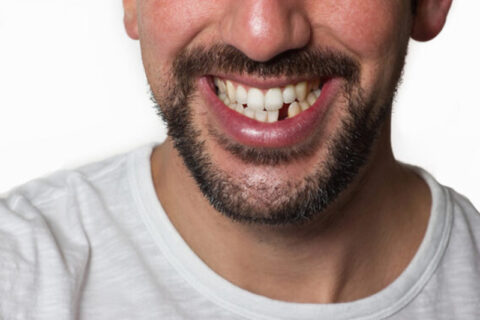Alpharetta Dentist- Mouthwash – Swish or No?

You brush and you floss regularly. You’re on board with the regular checkups at your Alpharetta dentist, and you don’t have tonsils to collect tonsil stones. Still, though, sometimes something seems a little rotten in the state of Denmark – aka your mouth. You pass the mouthwash when you buy your toothpaste, but you heard somewhere from your mother’s brother’s cousin’s friend that there are risks with mouthwash. What to do?
The short answer is that the benefits of regular mouthwash far outweigh any perceived risks associated with its use. There are multiple types of mouthwashes to choose from that can address a number of stubborn oral health problems ranging from bad breath (halitosis) to canker sores to periodontal disease and even having a healthy pregnancy. Meanwhile, the drawbacks and “risks” associated with the use of mouthwash are minimal and generally correspond with its improper use.
First, the pros. The use of a commercial mouthwash that contains fluoride, in addition to your normal oral hygiene routine of regular brushing and flossing, unquestionably reduces the risk of developing cavities by strengthening enamel and reducing the bacteria that cause decay. Antisceptic mouthwashes also can help soothe canker sores and prevent gum disease by eliminating aggravating bacteria from the tender tissues of the mouth. Mouthwash also freshens breath, taking care of that gnarly halitosis problem and masking the garlic breath from your stop at the kebab shop on your lunch break. When pregnant, mouthwash provides a gentle way to freshen breath and help with oral hygiene, when other methods might not be tolerable. Some studies even suggest that the use of mouthwash can be linked to maternal and fetal health.
But…the cons: The biggest con about mouthwash is that when it masks halitosis it does just that – it masks. It does not treat the underlying problem. Instead, it freshens your breath for a short time by covering up foul odors. The bad smell will return and return with a vengeance. Mouhwash may be a suitable solution for post-lunch onion wave, but it is not a solution to a chronic halitosis problem. That is a long term treatment issue best resolved in consultation with your Alpharetta Dentist– Dr. Woods.
The other commonly cited drawback of mouthwash is caused, frankly, by its overuse. While proper use of an antisceptic or antibacterial mouthwash can soothe a canker sore, more is not necessarily better. Overuse of the very same product that soothed the sore to begin with by eliminating the bacteria that were irritating the tissue will eventually itself irritate the tissue, worsening the pain of the sore.
Finally, the big one: Do alcohol containing mouthwashes contribute to oral cancer? There is no definitive evidence to suggest that this is true. Several studies have explored the possible link between alcohol containing mouthwashes and oral cancer and have neither proven nor disprove this link. The American Dental Association, however, has carefully reviewed a number of alcohol containing mouthwashes for safety and has selected several for its ADA Seal of Acceptance. If you are concerned about this risk, use a mouthwash without alcohol or one that carries the ADA seal.
As your leading dental office in Alpharetta, GA, we take pride in always educating our patients on proper oral health techniques. For additional information, feel free to contact your Smilescapes specialist today. For immediate assistance, schedule your next appointment online today or stop in our office location!


